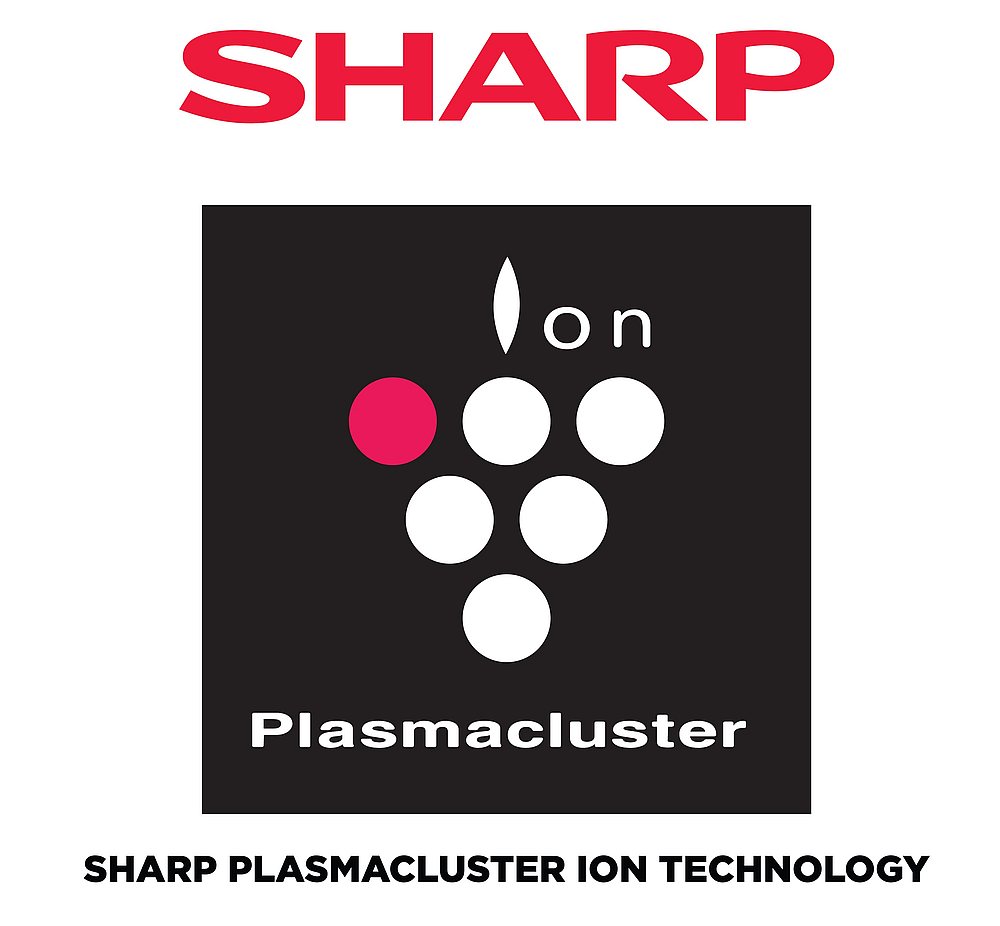PETALING JAYA, Sept 14 — Sharp Corporation has developed a device equipped with Plasmacluster technology that they claim can effectively reduce the airborne novel coronavirus particles.
A collaborative effort, the Plasmacluster technology is the result of the collaborative effort between researchers from the National Research Centre for the Control and Prevention of Infectious Diseases, Nagasaki University and Shimane University’s faculty of medicine.
The brand prides itself on the effectiveness of its Plasmacluster technology from 2004 where the technology inactivated the feline coronavirus (FCoV).
In 2005, Sharp demonstrated its effectiveness of its Plasmacluster technology against the original SARS coronavirus which caused the outbreak from 2002 till 2004 that is genetically similar to the novel coronavirus (SARS-CoV-2).
The brand has promoted academic marketing since 2000 to demonstrate the effectiveness of the technology through collaborations with independent third-party research organisations around the world.
Numerous independent research organisations have proven the clinical efficacy of Plasmacluster technology in suppressing the activity of harmful substances such as new pandemic influenza viruses, drug-resistant bacteria, mite allergens and reducing bronchial inflammation levels in children with asthma.
Sharp confirms the safety of its Plasmacluster ions and will also continue to conduct a wide range of studies to demonstrate the effectiveness of its Plasmacluster technology.
According to Nagasaki University’s professor Dr Jiro Yasuda, he said that disinfectants such as alcohol and detergents are well-known to effectively reduce the risk of the virus on materials.
“However, for infections via aerosols, there are a few effective countermeasures such as wearing a mask.
“As such, the Plasmacluster technology is able to bridge that gap by effectively inactivating airborne droplets of the SARS-CoV-2 through numerous demonstrations performed.
“More research is also put in place so that the Plasmacluster technology can also effectively reduce the risk of infection in real spaces including office, home, medical facilities and vehicles in the future.”






















